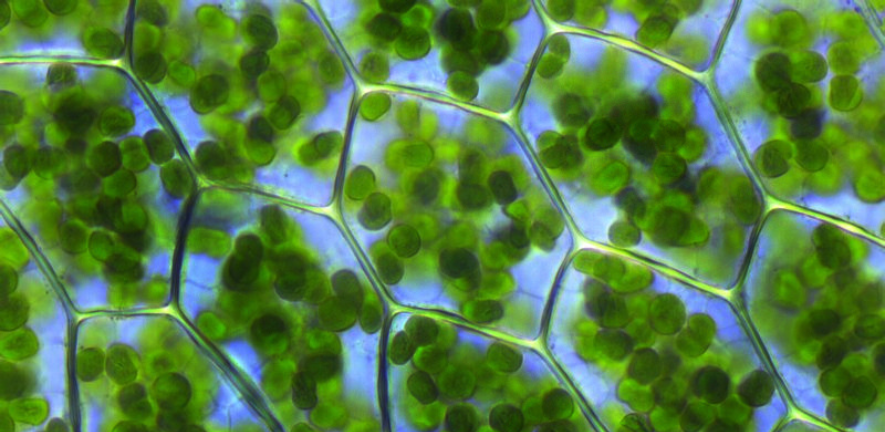
A short presentation by Dr Leonie Luginbuehl, Head of Plant Physiology and Symbiosis Group, Department of Plant Sciences on Carbon assimilation and allocation: From single cells to plant microbial systems followed by a Q&A and discussion with the speaker.
Dr Luginbuehl will make her presentation on-line, please mail coordinator@globalfood.cam.ac.uk for the Teams link to join the meeting. The seminar will also be streamed to the Gecko Room, David Attenborough Building
Coffee Break Seminars are a relaxed learning and discussion forum for our food security community that take place every Friday in person and online during term time at 2pm, UK time.
Abstract:
Carbon is assimilated in leaves through the process of photosynthesis and plays a foundational role in every aspect of a plant’s life. It provides energy and the building blocks to sustain metabolism, growth, development, and reproduction. Photosynthetic efficiency is a key factor limiting crop yield, and a promising target for breeding and engineering efforts. Fixed carbon is also a valuable currency in the relationship between plants and microbes. In the arbuscular mycorrhizal symbiosis, plants allocate up to 20% of assimilated carbon to their fungal partner in return for mineral nutrients from the soil.
In this talk, I will first discuss our recent findings on the regulation of carbon assimilation at a single cell level in leaves of rice and sorghum, two crops of global importance, and how these insights might inform strategies to engineer plants with increased photosynthetic efficiency. I will also provide an overview of our current knowledge on how assimilated carbon is transferred from plants to arbuscular mycorrhizal fungi. I will present an outlook on my current work, which aims to understand how carbon allocation to symbiotic fungi is regulated by the plant and how we might be able to exploit these regulatory mechanisms to maximise the benefits of the mycorrhizal symbiosis for sustainable agriculture.
Picture credit: Kristian Peters Fabelfroh

